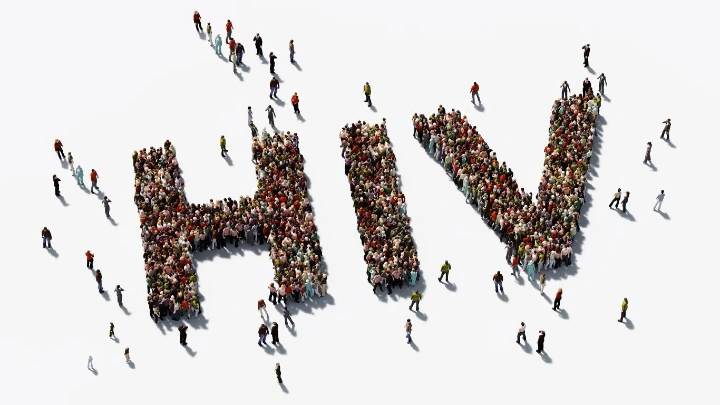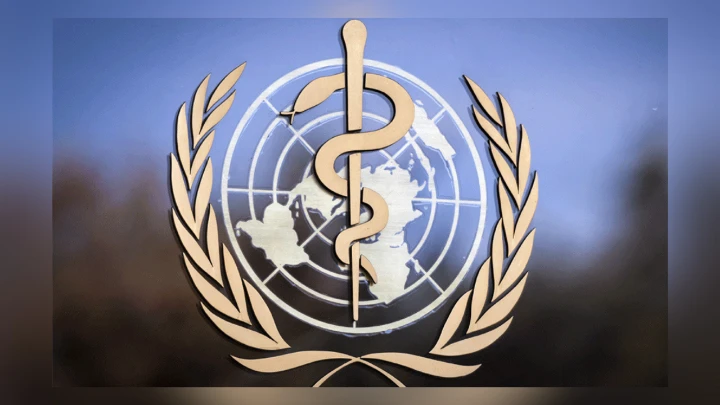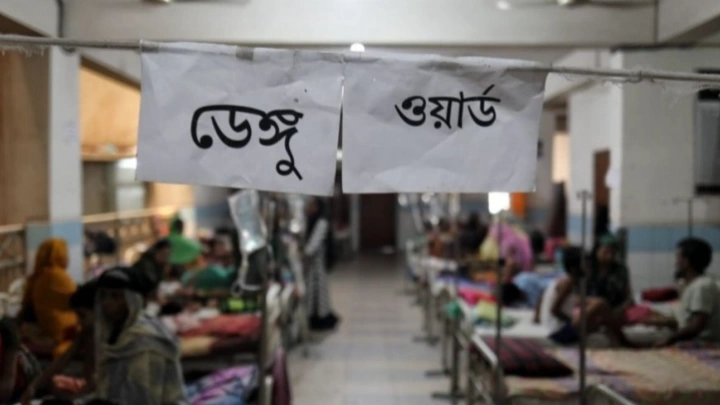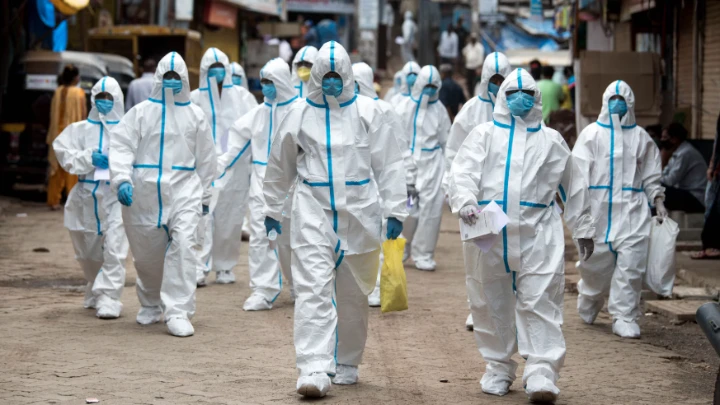Fewest new HIV cases in 2023 since late 1980s: UNAIDS report
AFP || Shining BD
Fewer people contracted HIV last year than at any point since the rise of the disease in the late 1980s, the United Nations said Tuesday, warning that this decline was still far too slow.
Around 1.3 million people acquired the disease in 2023, according to the new report from the UNAIDS agency.
That is more than three times higher than needed to reach the UN's goal of ending AIDS as a public health threat by 2030, it added.
Around 630,000 people died from AIDS-related illnesses last year, the lowest level since a peak of 2.1 million in 2004, the report said ahead of World AIDS Day on Sunday.
Much of the progress was attributed to antiretroviral treatments that can reduce the amount of the virus in the blood of patients.
Out of the nearly 40 million people living with HIV around the world, some 9.3 million are not receiving treatment, the report warned.
And despite the global progress, 28 countries recorded an increase in HIV infections last year.
Efforts to make preventative treatment called Pre-Exposure Prophylaxis (PrEP) available in these countries has seen "very slow progress", the report pointed out.
"Only 15 percent of people who need PrEP were receiving it in 2023," the report said.
UNAIDS emphasised how laws and practices that "discriminate against or stigmatise" people with HIV were hindering the fight against the disease.
It pointed to how Uganda's Anti-Homosexuality Act, one of the harshest anti-gay laws in the world, led to sharp drop in PrEP access since coming into force last year.
"The world can end AIDS -- if the human rights of people living with or affected by HIV are respected, protected and fulfilled, to ensure equitable, accessible and high-quality HIV services," UNAIDS executive director Winnie Byanyima said in the report.
Shining BD






















